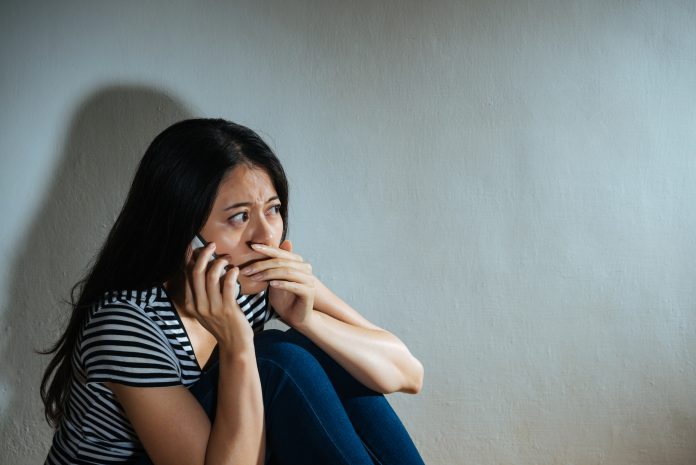Lucinda Holliday, partner and head of family & divorce at Blaser Mills Law, highlights the need to end legal aid barriers for domestic violence victims and what you should do if you cannot access support
Domestic abuse or violence in a relationship can be harrowing, confidence-destroying, and life-altering, but it is frighteningly common. As many as one in four women and one in six men will suffer from domestic violence at some time in their lives, and the latest ONS figures show that, in the year ending March 2019, an estimated 2.4million adults aged 16 to 74 years experienced domestic abuse in the last year (1.6million women and 786,000 men).
The issue has become only more prevalent during the coronavirus pandemic, with the reported incidence of domestic violence and deaths resulting from it rising during lockdown. As such, the need to end legal aid barriers for domestic violence victims has never been greater.
What is legal aid?
Legal aid can help meet the costs of legal advice, family mediation and representation in a court or tribunal. It sees the government provide money to help pay for your case, which comes from the Community Legal Services Fund [CLS] and is administered by the Legal Aid Agency [LAA].
Unfortunately, legal aid solicitors are very hard to come by and, added to this, in order to qualify for legal aid support, you will usually need to show that the problem is serious and you cannot afford to pay for legal costs. You could, for example, potentially get legal aid if you or your family is at risk of abuse or serious harm.
Why is access to legal aid support so limited?
Access to legal aid support is limited for a number of reasons, not least because a large number of established solicitors are giving up legal aid work, and government cuts mean there are not enough young lawyers entering fields of law covered by legal aid.
In addition, legal aid support for domestic abuse victims is not straightforward and is subject to a means test of both income and capital. As a result, about one in five women who suffer domestic violence do not qualify for the support because they are deemed to have “capital” – even if they cannot access it.
A victim’s “capital” can include any equity held in their home and often means many victims cannot get the help they need because of the value of their home, even though they are unable to sell the property to release funds because it is jointly owned by their abuser. Recently there has also been an increasing number of domestic abuse victims missing out on legal aid because their income is just above the threshold.
What is the government doing about the issue?
In February 2019, the Ministry of Justice promised to conduct a review to “assess the effectiveness with which the means-testing arrangements appropriately protect access to justice, particularly with respect to those who are vulnerable”. The review was going to include a look at capital thresholds for domestic violence victims, however, in June 2020, it was confirmed it had been temporarily paused due to Covid-19, meaning the various thresholds within the means test have not been updated since 2009.
Pending this review and a potential reform, in order to protect victims and ensure they are not forced to give up on their rights to justice, it is important that they explore their options.
What steps should domestic abuse victims take if they are struggling to get legal representation?
All victims of domestic abuse should be able to access support to keep themselves safe, exercise their rights to their property, children, access to justice and to rebuild their lives, however, lack of support can prohibit their ability to safely leave an abusive relationship.
As mentioned, nowadays there are a limited number of firms and solicitors that can offer legal aid support, and experiencing domestic abuse can be devastating enough without the added worry of how to access legal representation.
Those suffering abuse should not be discouraged from getting the vital legal help they need because of their financial situation, and victims struggling to access counsel and representation may be better off exploring alternative avenues instead of relying on legal aid.
If you find yourself in this position, you should start by speaking to a qualified family lawyer who will look at your unique circumstances and determine the best way forward to ensure you are not left to fight your case alone.




![Europe’s housing crisis: A fundamental social right under pressure Run-down appartment building in southeast Europe set before a moody evening sky. High dynamic range photo. Please see my related collections... [url=search/lightbox/7431206][img]http://i161.photobucket.com/albums/t218/dave9296/Lightbox_Vetta.jpg[/img][/url]](https://www.openaccessgovernment.org/wp-content/uploads/2025/04/iStock-108309610-218x150.jpg)






